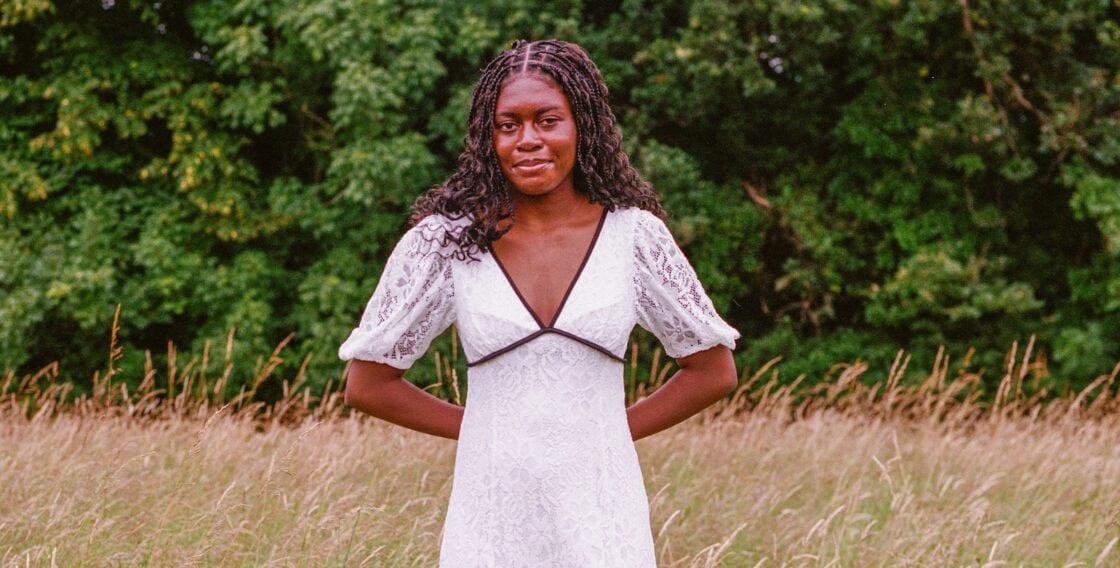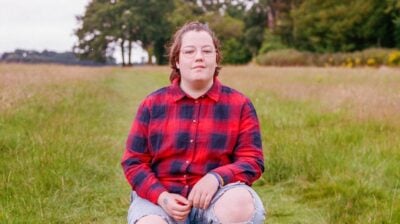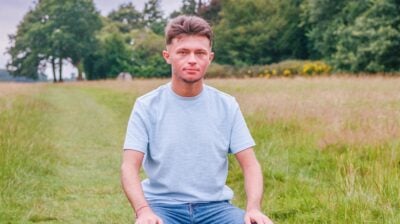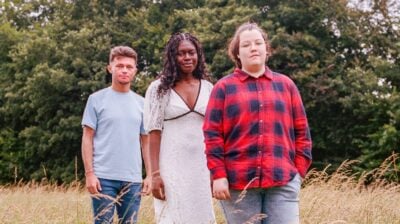Embracing my life as a Black Irish LGBTQAI+ Teen with ADHD
Bel shares how life’s ups and downs taught them about identity, resilience, and support.

Growing up, I always felt different.
As a Black Irish teen with a Nigerian heritage, my name often gave away my background. Adding to that, I’m also part of the LGBTQAI+ community and live with ADHD.
This combination can sometimes feel overwhelming. My mind is always buzzing with thoughts and conversations, often leading to full-on discussions with myself—a common trait among those with ADHD.
Listen to Bel’s story
Cultural expectations and gender roles
My upbringing was heavily influenced by cultural and religious expectations. My parents, who are quite religious, often viewed my behaviour through a lens of superstition or sickness.
My mom would insist on traditional gender roles, expecting me to cook for my older brothers simply because I’m a girl. But I always felt a strong urge to break free from these predefined roles and just be myself.
The impact of intersectionality on daily life
Having multiple identities allows me to see the world from various perspectives. For example, in my politics class, I can understand why people might feel unheard and act out because of it. This multidimensional view helps me empathise with others but also makes me feel like an outsider at times.
“You deserve to be in spaces where you are appreciated and accepted. If you’re not being valued, step away and prioritise your well-being.”
School struggles and social dynamics
School has its own set of challenges. Holding different identities often means not fitting into any specific clique. Despite being in a large school, I sometimes feel there is not a community that fully understands or accepts me.
This isolation becomes evident during discussions on topics like gender and sexual identity, where differing opinions can lead to feeling marginalised.
Coping with conflict and seeking peace
One of the hardest parts of having different identities is staying silent to avoid conflict. While I have strong arguments and counterarguments in my head, I often choose peace over confrontation. This internal struggle can be exhausting, but I’ve learned to manage it by finding solace in quieter spaces and activities.
“Go at your own pace—whether you’re newly out, struggling, or have been living authentically for a while. Everyone’s journey is different, and that’s okay.”
Navigating family and cultural expectations
Living in a traditional Nigerian household means navigating through strict cultural norms, especially regarding LGBTQAI+ issues.
I can’t openly celebrate Pride or even discuss LGBTQAI+ topics at home without facing backlash. This often leads to feelings of loneliness and isolation.
Finding support in activism
Despite these challenges, I’ve found a therapeutic outlet in activism. Joining organisations like spunout has allowed me to share my experiences, participate in campaigns, and find a sense of community. It’s a space where I can voice my thoughts and be heard.
My journey has taught me the importance of empathy and self-acceptance. I’ve learned to see people for who they truly are, embracing both their inner and outer identities. Here’s some advice for those navigating similar paths:
Seek community and support
Finding a supportive community can make a huge difference. Whether through activism or online groups, connecting with others who share your experiences helps you feel less alone.
Your mental health is crucial. Don’t hesitate to take a break when needed. Emotional well-being is just as important as physical health.
Advocating for yourself and others can be empowering. Whether it’s reposting something on social media or participating in larger movements, every action counts. It helps raise awareness and fosters greater understanding.
“Build a circle of people who lift you up and accept you for who you are. Having supportive friends and family makes all the difference.”
My hopes looking forward
I wish people would educate themselves more about different identities. It’s not solely our job to educate others; it should start at home and in schools. People should learn to see beyond stereotypes and appreciate the full spectrum of our identities.
We need more inclusive policies and diverse representation in government and other leadership roles. A government that reflects the diversity of its population can lead to greater acceptance and understanding.
While designated safe spaces are great, I dream of a world where every space is inclusive. Everyone should feel safe to express themselves without fear of discrimination. This means creating environments where diversity is celebrated, not just tolerated.
Let’s continue to strive for a world where everyone can feel safe, accepted, and celebrated for who they are.
Photos by Niamh Barry.
LGBTQIA+_______: Intersections of Identity
Join us in celebrating the beauty of diverse identities through the lens of Niamh Barry. Meet Shane (he/him), Bel (she/they) and Hunter (he/they) as they share their amazing stories.
Intersectional identities mean recognising how different parts of a person’s identity, like gender, sexuality, and culture, combine to shape their unique experiences.
Check out the series and be inspired by the unique experiences within our community.
Feeling overwhelmed and want to talk to someone?
- Get anonymous support 24/7 with our text message support service
- Connect with a trained volunteer who will listen to you, and help you to move forward feeling better
- Whatsapp us now or free-text SPUNOUT to 50808 to begin.
- Find out more about our text message support service
If you are a customer of the 48 or An Post network or cannot get through using the ‘50808’ short code please text HELLO to 086 1800 280 (standard message rates may apply). Some smaller networks do not support short codes like ‘50808’.






